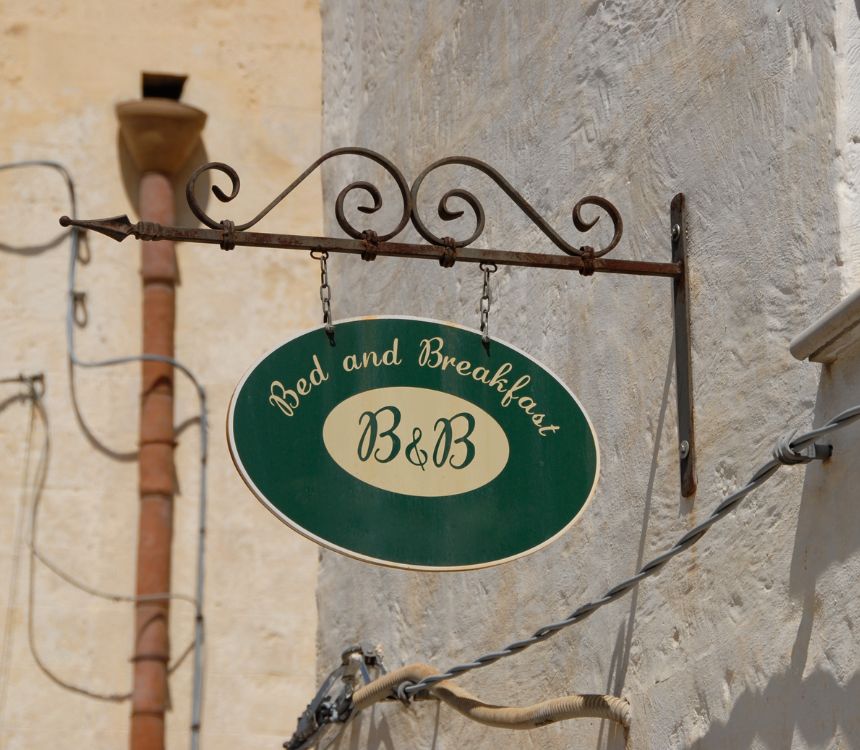If you own or manage a bed and breakfast (B&B) in the UK, you might wonder about your legal obligations, especially regarding gas safety. This article will address the important question: Do running B&Bs have to have gas safety certificates?
Understanding Gas Safety Certificates for B&Bs
In the UK, all businesses that provide accommodation services, including bed and breakfasts, have legal responsibilities to ensure the safety of their guests. One of the critical aspects of safety for any property that uses gas appliances is having a Gas Safety Certificate, also known as a CP12 certificate. This is especially relevant for B&B owners who may have gas boilers, cookers, or water heaters installed on their premises.
Get The Gas Safety Certificate for Your B&B Now
Don’t risk fines or legal trouble—get your Gas Safety Certificate today and stay compliant.

Legal Requirements: Gas Safety (Installation and Use) Regulations 1998
Under the Gas Safety (Installation and Use) Regulations 1998, landlords and business owners in the UK, including B&B operators, are legally required to maintain gas appliances, fittings, and flues to ensure they are safe and in good working order. This applies to B&Bs as they are classified as commercial premises providing temporary accommodation.
Why Do B&Bs Need a Gas Safety Certificate?
B&B owners are considered landlords under UK law when they provide accommodation to paying guests, even if the stay is short-term. This means they must comply with gas safety regulations. The Gas Safety Certificate proves that all gas appliances and installations have been checked by a registered Gas Safe engineer and are safe to use.
Here’s why it’s essential:
- Guest Safety: Ensuring the safety of guests is a priority. Faulty gas appliances can lead to carbon monoxide poisoning, fires, or explosions, putting guests at significant risk. A Gas Safety Certificate guarantees that all gas equipment has been inspected and is functioning properly.
- Legal Compliance: Operating a B&B without a valid Gas Safety Certificate can result in hefty fines, legal action, or even imprisonment. Compliance ensures you avoid these risks and meet the standards set out by law.
- Insurance Requirements: Many insurance providers require B&B owners to present a valid Gas Safety Certificate as part of their policy conditions. Without it, you may find yourself uninsured in the event of a gas-related incident, which could have severe financial implications.
What Needs to Be Checked for a Gas Safety Certificate?
To obtain a Gas Safety Certificate, a Gas Safe registered engineer will inspect all gas appliances, pipework, and flues in the B&B. The inspection includes:
- Checking for gas leaks.
- Verifying that appliances are set and adjusted correctly.
- Inspecting the ventilation and flue systems.
- Ensuring that safety devices on appliances are working effectively.
- Confirming that all appliances are suitable for the location and used correctly.
Once these checks are completed, the engineer will issue a certificate if everything is safe and compliant.
How Often Do B&Bs Need to Renew Their Gas Safety Certificate?
B&B owners must arrange a gas safety inspection annually. The certificate is valid for 12 months, so it’s important to schedule inspections before the current one expires. Regular inspections not only keep the property compliant but also help identify any potential issues early, minimising risks to both guests and the business.
What Happens if a B&B Doesn’t Have a Gas Safety Certificate?
If a B&B fails to comply with gas safety regulations and operates without a valid Gas Safety Certificate, it could face severe consequences, including:
- Fines and Penalties: Non-compliance can result in fines of up to £6,000 per appliance or even imprisonment for up to six months.
- Insurance Voids: Operating without a certificate may void insurance policies, leaving B&B owners financially vulnerable in the event of an accident.
- Reputation Damage: Failing to prioritise guest safety can lead to bad reviews or even closure, impacting the business’s long-term success.
Tips for B&B Owners to Stay Compliant
To ensure your B&B meets all gas safety requirements, follow these tips:
- Work with a Registered Gas Safe Engineer: Always use a qualified and registered engineer for inspections, installations, and maintenance. You can verify their registration on the Gas Safe Register website.
- Keep Records: Maintain a record of your annual gas safety checks and certificates. This documentation is vital for insurance purposes and proving compliance during inspections.
- Regular Maintenance: Schedule regular maintenance of gas appliances between annual inspections. This proactive approach helps prevent issues and ensures that everything remains in good working condition.
- Educate Your Staff: If you have employees, make sure they are aware of gas safety procedures and know how to detect potential hazards, such as gas leaks or faulty appliances.
In Closing
To answer the question: Do running B&Bs have to have gas safety certificates in the UK? – Yes, they absolutely do. Compliance with the Gas Safety (Installation and Use) Regulations 1998 is mandatory for all B&B operators. Obtaining and renewing a Gas Safety Certificate annually is crucial for ensuring the safety of guests, maintaining legal compliance, and protecting the business from financial and reputational damage.
If you run a B&B, make gas safety a top priority. Schedule regular inspections, work with certified professionals, and stay informed about legal obligations. By doing so, you not only safeguard your guests but also ensure the success and longevity of your business.
Further Reading
UK’s Landlord Gas Safety Responsibilities
Do I Need a Gas Safety Certificate for a Gas Hob?
Gas Safety Certificate When Selling a House
Can You Get a Backdated Gas Safety Certificate?
Do Housing Tenants Need a Gas Safety Certificate for Their Own Appliances?
Gas Safety Certificate Near Me: What You Need to Know
No Gas Safety Certificate Penalty: Understanding the Risks for UK Landlord